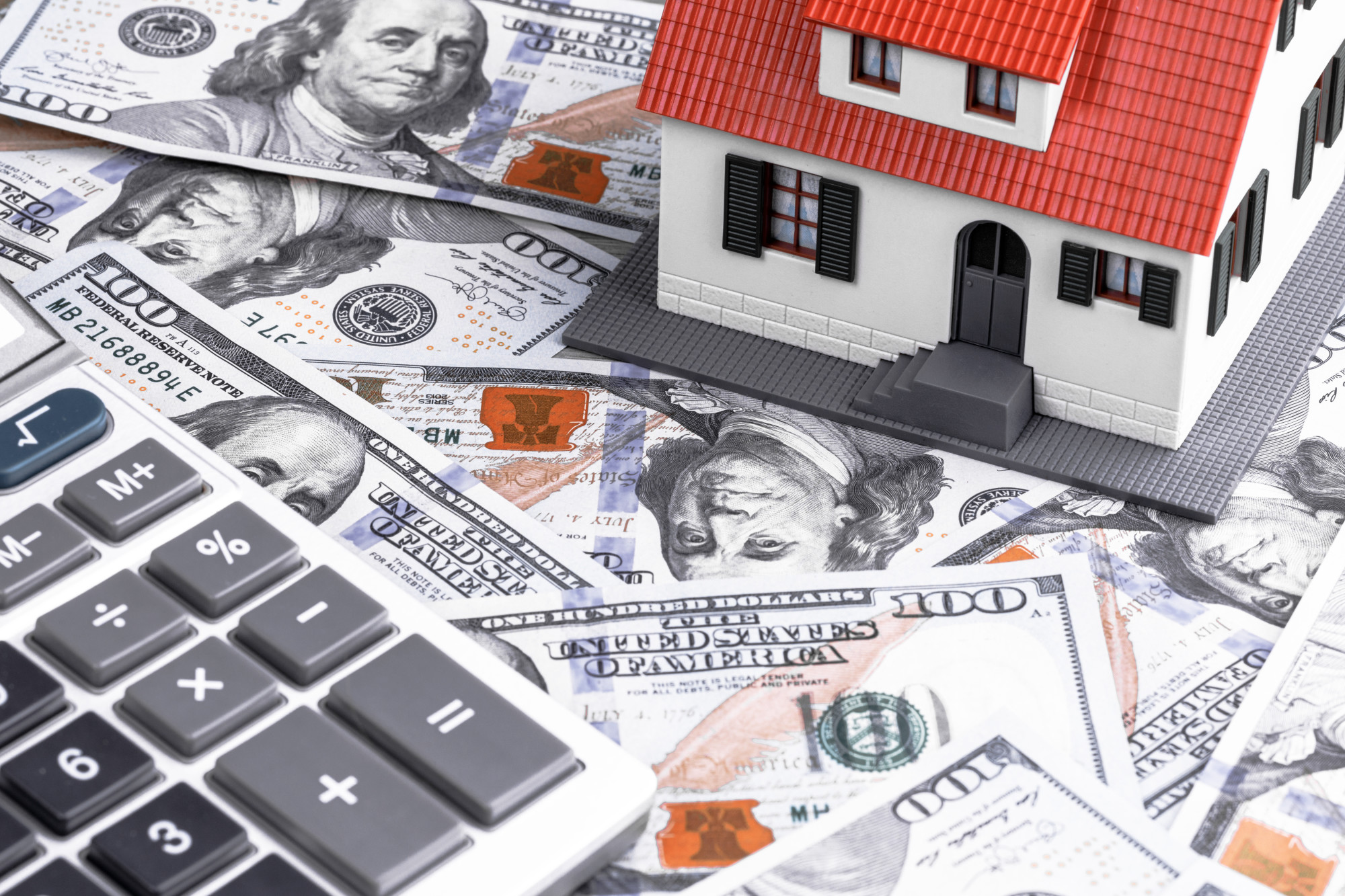Are you ready to upgrade or downsize your current home? If so, you may not be aware of some fees and expenses that can catch you off guard when you sit down at the closing table following the sale of your home. But what are the closing costs on a home?
Closing costs are expenses a homeowner pays just before signing the final documents on the sale of their home. These closing costs can often come as a surprise for home sellers. Closing costs can add hundreds or even thousands of dollars to the price of your property.
That’s why it’s important to know what closing costs you might face and whether and how you can prepare. Read on to learn what you need to know about closing costs so you won’t get a big surprise on the day of closing.
What Are Closing Costs on a Home?
Closing costs on a home sale process cover a variety of fees for services connected to submitting a mortgage application and concluding a real estate transaction. Others closing costs involve the paperwork used in the transaction, such as attorney fees and the cost of underwriting and originating the loan.
If you’re a buyer, some expenses are related to the property you’re trying to acquire, such as evaluating it to verify its value and reviewing property records to confirm a clear title. As the name implies, closing costs get paid during the closing and often call for a cashier’s check, not a personal check.
Who Pays the Closing Costs?
The majority of your closing costs will fall on the buyer. Although some are often also covered by the seller, including the real estate agent’s commission and sometimes a real estate transfer tax.
What Are the Closing Costs for the Seller?
Even if you choose not to cover some of the buyer’s share of the closing costs, sellers still have to pay some of them. The following are the most common closing expenses for sellers:
Real Estate Agent Commissions
The vast portion of closing costs the seller often is responsible for would be the commission paid to the real estate agent. It is a common practice for the commission for both the selling agent and the buyer’s agent to be the seller’s responsibility. The commission may result in a 6% decrease in your profit margin, with each participating agent receiving 3% of the overall sales price of the home.
You could choose the “for sale by owner” route to save this expense, but you would still be responsible for paying the buyer’s agent. You can hunt for a discount agent, but be careful that they might offer fewer services in exchange for their low commission. You might negotiate less commission if you’re selling your home during a hot market, you have a valuable property, or your listing agent is also helping you buy your next home.
Title Insurance
One more closing expense a seller may anticipate paying is the title insurance policy of the lender. A title search is performed before a sale and confirms ownership.
In some states, the home’s title needs reviewing by a real estate lawyer. The lender gets shielded from unforeseen ownership claims by a title policy, as is the new homeowner if they decide to purchase their policy.
Taxes and Fees
Whoever is responsible for paying what fees may need negotiating. But the specific amount of recording, filing, and transfer taxes gets determined by the state or local government. Deed transfers or property taxes are often due from sellers.
Any homeowner association dues, and property taxes, will likely be shared between the seller and the buyer. Depending on the closing date, these charges often get prorated.
Taxes and fees are often not negotiable, but if the market is very favorable to sellers, it’s a possibility you could persuade a buyer to cover more of the fees. However, since local laws may define who is responsible for paying them, you probably won’t be able to avoid them if the government determines that the seller carries the responsibility.
What Are Seller Concessions?
You, as the seller, can offer to pay a portion of the closing costs in a buyer’s market or to help the deal go through. The phrase “seller concession,” “seller credit,” or “seller contribution” all refer to the same thing. A common seller concession is to agree to pay for any necessary repairs found during the home inspection.
The total amount of your seller concessions may be constrained if your buyer isn’t paying in cash due to the sort of mortgage they’re using. The maximum seller concessions for a conventional loan for a single-family property that will be a primary residence can range from 3% to 9%. And it also depends on the size of the buyer’s down payment.
It also depends on whether they are receiving outside assistance for closing costs. Limits on seller concessions apply to loans guaranteed by government organizations, such as the Federal Housing Administration.
Other Costs for Home Sellers
It’s vital to remember that unless you own your house in full, a sizeable portion of your gains may go toward paying the current mortgage off. If you pay off your mortgage earlier than the term of your mortgage, you may get charged a fee. Check the paperwork from your mortgage to see if you may incur a prepayment penalty fee.
You’ll have to take care of any liens or judgments against the property before your house can be sold. The title search may find information on them.
Finally, you must pay off any second mortgages, such as home equity loans or lines of credit, in full before you may sell. Remember, repayment fees may also apply to these.
Need Help Selling Your Home?
Have more questions like what are the closing costs on a home or what to do when selling your home? We can help! We are homeowners, just like you.
We were in your position before we were real estate investors, trying to sell our properties. Many local real estate agents required payment in advance and a commission after the sale. We knew there had to be a better way.
We Buy Houses Memphis understands this frustration, and we discovered a better way to sell your home while saving you money. Contact us or check out our Blog section for helpful information.







